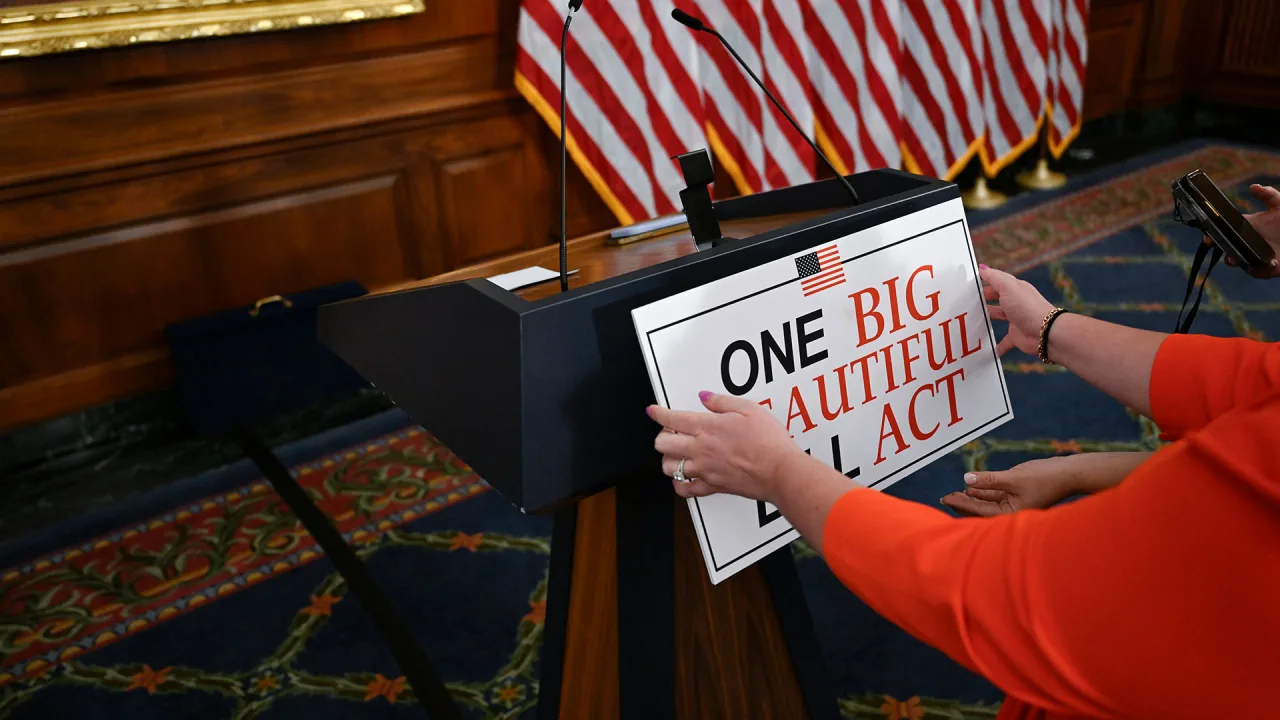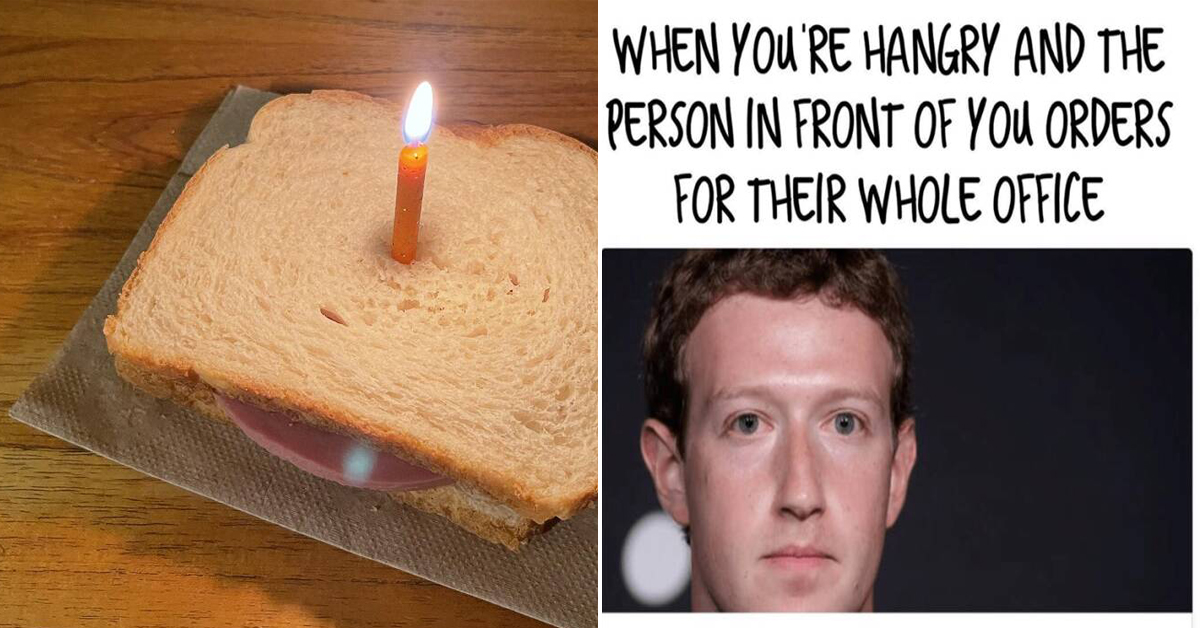Small business owners, here’s how Trump’s Big Beautiful Bill could impact your taxes: SALT deduction workaround axed

As the Senate debates President Donald Trump’s giant tax bill, One Big Beautiful Bill Act, which includes trillions of dollars in tax breaks, some smaller business owners are worried they might miss out on a popular deduction for state and local taxes (the SALT deduction), which is commonly referred to by its acronym.
The debate over SALT was one of the sticking points that delayed passage of the bill in the House.
The current version of the House Republican-sponsored tax bill would raise the federal deduction limit for state and local taxes (SALT) from $10,000 to $40,000, which would phase out when income hits $500,000.
The bill would also increase the qualified business income (QBI) deduction, set to expire in 2025, from 20% to 23%, starting in 2026, making it permanent. The QBI deduction applies to so-called pass-through businesses, such as: S-corporations, partnerships, and sole proprietors like freelancers and contract workers.
However, it would end a much used state-level SALT cap workaround for some of those pass-through business owners, according to CNBC.
The SALT deduction was enacted as part of the 2017 Tax Cuts and Jobs Act (TCJA). Lawmakers in high-tax states like New York, New Jersey and California have long wanted to raise the cap, claiming that their states are paying more in federal taxes than they are getting back, leaving residents with a much larger bill. Before Trump’s 2017 tax bill imposed a $10,000 ceiling, those states’ residents could write off their state and local taxes.
However, the Senate could still modify the proposal as it debates the bill. There are concerns that allowing business owners to deduct up to $40,000 from their federal taxes, means the government would collect less taxes, adding further to nation’s deficit.
On Wednesday, the Congressional Budget Office (CBO) estimated the mega bill would add $2.4 trillion to the deficit, and its tax cuts would decrease revenue by more than $3.6 trillion, over the next decade, or so, per The Hill.
Senate majority leader, John Thune of South Dakota, who told Politico he hopes to pass the mega bill by the Republican’s July 4 deadline, said the SALT cap might have to come down to raise revenue to cover the expenses of the president’s “big,” (which some say is expensive) tax bill. (The House had initially raised the cap to $30,000 in the previous plan.)
What's Your Reaction?
 Like
0
Like
0
 Dislike
0
Dislike
0
 Love
0
Love
0
 Funny
0
Funny
0
 Angry
0
Angry
0
 Sad
0
Sad
0
 Wow
0
Wow
0































































































